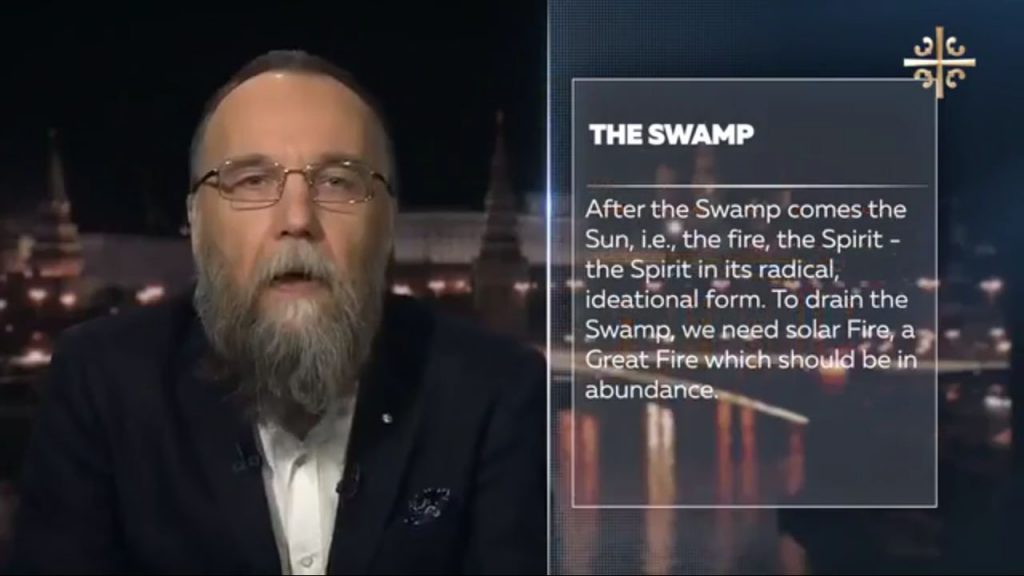In the Albert Barnes commentary, we read of God the Father, JEHOVAH. This is from Isaiah chapter 42.
“The chapter may be regarded as divided into two portions. In the first from ver. 1 to ver. 9, the prophet describes the Messiah. JEHOVAH is introduced as speaking, and in vs 1–4 he describes his character. He is the servant of JEHOVAH, endowed with the fulness of the Divine Spirit; meek, and lowly, and gentle, and kind; unobtrusive and noiseless in his movements, and yet securing the conquest of truth. JEHOVAH then, vs 5, 6, 7, addresses the Messiah himself directly, and states the object for which he had appointed him, to be a light to the Gentiles, to open the eyes of the blind, and to be the pledge of the covenant between him and his people.”
The problem is that the modernistic transcriber, someone like Larry Pierce with his digitisation project, took it upon themselves to make corrupt changes to the truth, substituting the name of God “JEHOVAH” with some heathen deity.
“The chapter may be regarded as divided into two portions. In the first Isa 42:1-9, the prophet describes the Messiah. Yahweh is introduced as speaking, and in Isa 42:1-4 he describes his character. He is the servant of Yahweh, endowed with the fullness of the Divine Spirit; meek, and lowly, and gentle, and kind; unobtrusive and noiseless in his movements, and yet securing the conquest of truth. Yahweh then Isa 42:5-7, addresses the Messiah himself directly, and states the object for which he had appointed him, to be a light to the Gentiles, to open the eyes of the blind, and to be the pledge of the covenant between him and his people.”
Albert Barnes wrote “JEHOVAH”, yet modernists have deliberately altered this in the 1980s/90s. We have Bible prophecy in Ezekiel 39 that the name of JEHOVAH will be restored.


